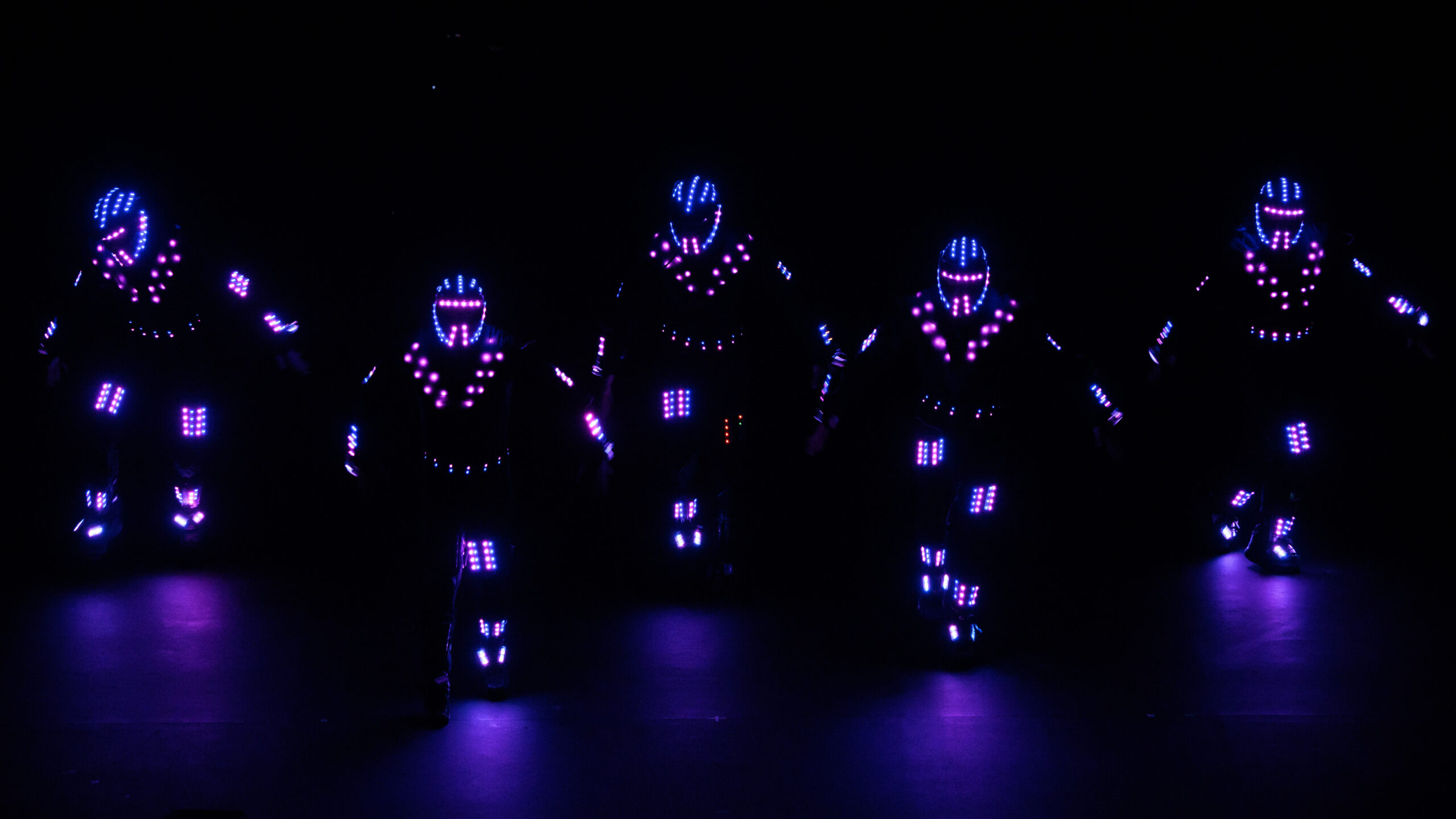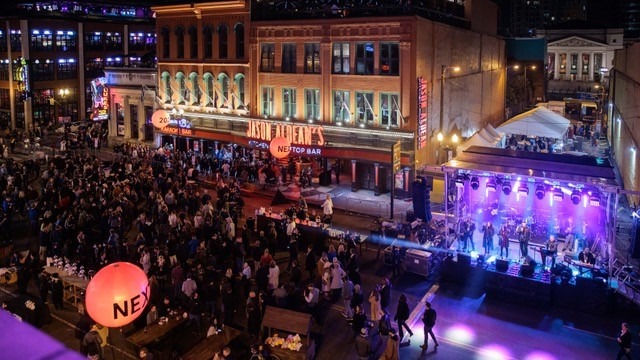 Meeting profs are driven by a desire to create a memorable experience for their attendees. Whether that be fantastic decorations, exceptional live entertainment or even introducing an eclectic menu, planners are creative thinkers who design events with the intent of appealing to attendees.
Meeting profs are driven by a desire to create a memorable experience for their attendees. Whether that be fantastic decorations, exceptional live entertainment or even introducing an eclectic menu, planners are creative thinkers who design events with the intent of appealing to attendees.
With the return of in-person events and new technologies developed for hybrid and remote platforms, meeting professionals have more opportunities than ever to engage and excite attendees. Justin Zebell, president and CEO of Streamline Event Agency and Joinin, offers five tips for meeting professionals to create an experience that attendees will never forget.
1. Use a Consistent Theme
Zebell stresses the importance of a theme to help attendees understand the objective of the event and the brand essence–from the moment someone decides to attend, to well after their departure. He emphasizes how as a meeting professional, it is vital to ask your client “What do you want the attendees to feel? What do you want the attendees to experience?”
Having a consistent theme is also significant in the virtual world as people want to understand why they are giving up time to watch a virtual event.
2. Utilize a “Guide”
The use of a guide is one of the best ways to focus on ROI alongside engaging and entertaining attendees. The purpose of most events is to communicate some message whether that be a new technology product or the latest finance program.
Zebell explains how “the guide is designed to refocus consumers through their experience as they retain content as well as providing entertainment…we use the term guide because we are basically saying this is a big wide world of meeting you are going through and we are going to guide you through being able to contently walk away from it.”
3. Focused Hospitality
The overarching goal of hospitality is to give people a positive and memorable experience. Events and conferences often embody all four sectors of the hospitality industry: entertainment and recreation, food and beverage, lodging and travel and tourism. Zebell discusses how they try to replicate those small intimate moments of hospitality you experience at places like a friend’s house and scale them up to a large-scale approach.
This could be a personalized gift waiting in your hotel room when you arrive or simply a warm welcome by an event official. Anything that can be done to let attendees know that they are valued and cared for is an important aspect of any event.
4. Keep your Audience Engaged
“Engagement is an element that grabs consumers’ attention and requires them to do something besides look at their smartphone…and fully engage with the brand and the message,” Zebell says. If an attendee spends half of their time checking their inbox or Twitter feed, then it means they weren’t able to fully engage with the event. Zebell gives examples of fixes such as light-up wristbands or immersive experiences (like for winning an award) that will limit distractions and create moments that will keep attendees present.
Engagement is equally important in virtual and hybrid events. Streamline Event Agency is currently planning a hybrid event that includes a virtual MC and other separate content for the virtual audience to help attract their attention in a new and refreshing way.
Read More: Winning at Maximizing Virtual Audience Engagement: 10 Fun Ideas from Dahlia El Gazzar
5. Out-of-the-box Entertainment
Entertainment, whether it be keynote speakers, magicians or musical artists, adds immense value to any event. Zebell explains how the best entertainment tells a story and has an arrangement that takes you on an emotional and dynamic journey.
He gives an example of an event they put on this past March where they had a group of LED-lit dancers dressed in neon outfits who kicked off the event with a bang. It got people moving, talking and focused. “The ROI on headline entertainment varies widely depending on who you ask but I think there is a place for it at all times,” said Zebell.

Read More: 9 Unique Entertainment Ideas
As a meeting professional, the relationship you create with your client must be strong and comfortable so that you can work together to create an exceptional experience for attendees. While the easy route is to do things the way they have always been done, Zebell explains the importance of striking up a new conversation with a client and asking them who the audience is, how the company has changed and what is the purpose of the event. “It all really starts with the question ‘Why?’ and if we can get them to answer ‘Why?’ then that’s when the fun starts.”




